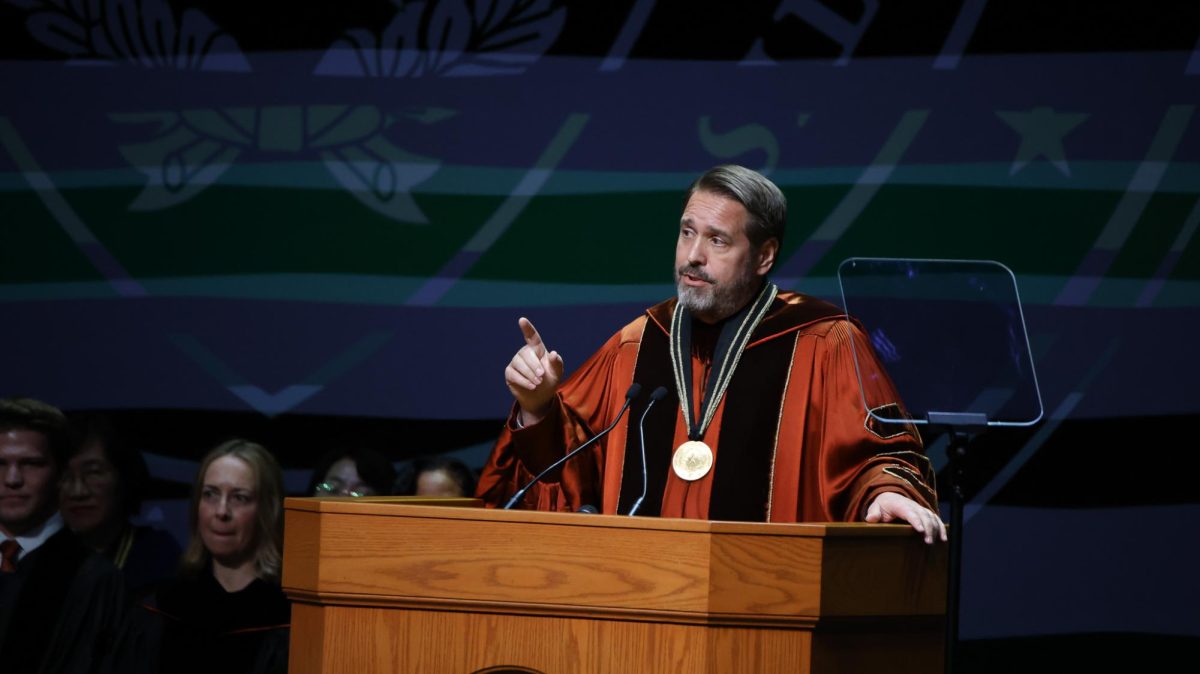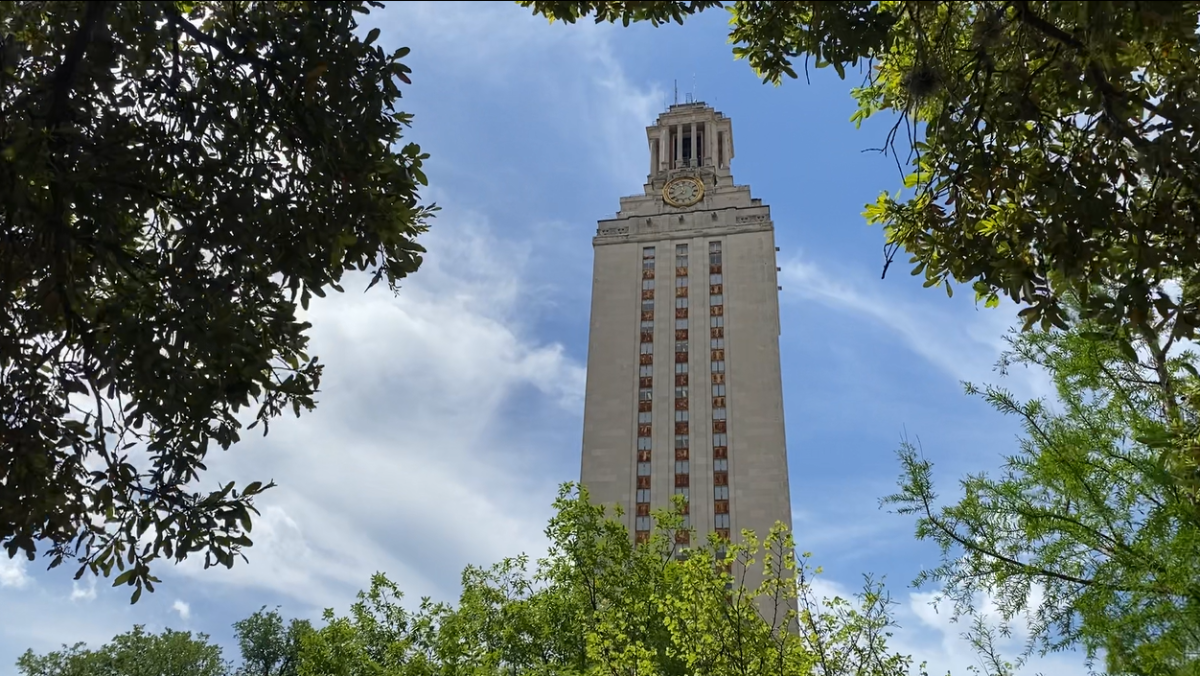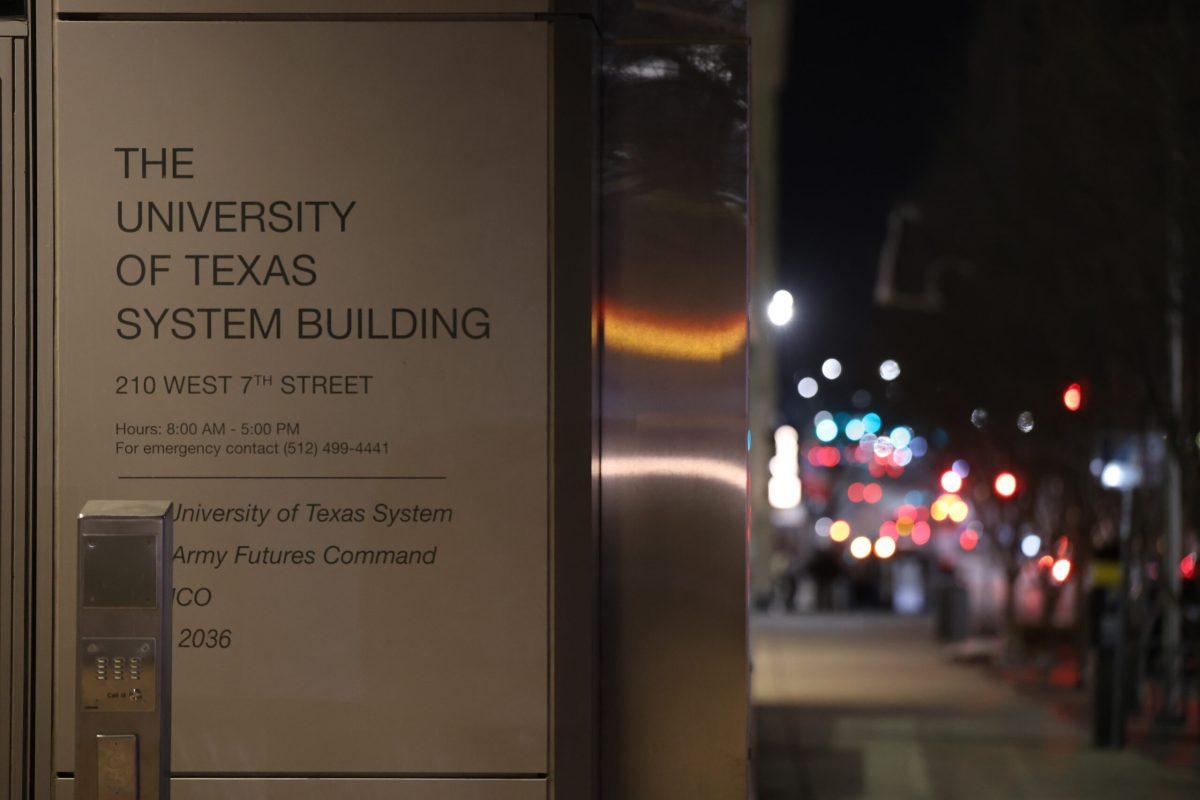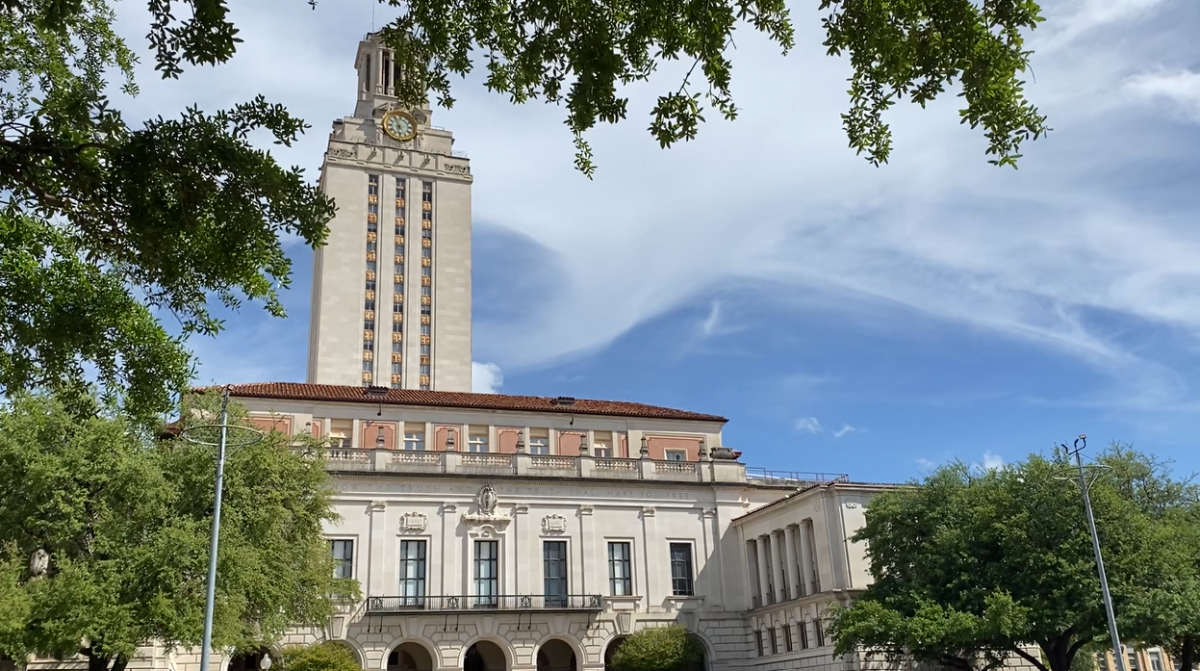President Joe Biden outlined his plan for Supreme Court and presidential reform Monday while speaking at the LBJ Presidential Library. His address was originally scheduled for July 15, but was postponed following the assassination attempt on former President Donald Trump.
The speech, which commemorated the 60th anniversary of the Civil Rights Act, a landmark piece of legislation passed under President Lyndon B. Johnson, highlighted the success of the Act but quickly moved to the work left to be done.
The bulk of the address was dedicated to Biden’s newly announced goals for reforms to the Supreme Court and the Presidency. The proposed reforms consist of a constitutional amendment limiting Presidential immunity, term limits for Supreme Court Justices and an enforceable code of conduct.
Biden’s announcement comes in response to recent ethical scandals and further controversial decisions from the Court this term, largely along ideological lines. The Court’s justices have drawn major criticism in recent months, namely Justice Clarence Thomas for his incomplete disclosure of gifts from outside influencers and Justice Samuel Alito for his refusal to recuse himself from cases where some have claimed there is a conflict of interest.
The first reform Biden outlined is a constitutional amendment saying presidents have no guaranteed immunity for actions taken while in office.
“I share our founders’ belief that the president must answer for the law, that the president is accountable when they exercise the great power of the presidency,” Biden said. “We’re a nation of laws, not kings and dictators.”
The suggested amendment follows the Court’s decision in Trump v. United States, an opinion released last month giving presidents immunity from prosecution for a large number of crimes they could commit while in office. The decision immediately drew large condemnation from Democrats, including from President Biden, when it was announced.
Biden quoted from Justice Sonia Sotomayor’s dissent in his speech, saying that according to the ruling, military coups and bribes are legal for presidents, and that the president is now effectively a “king above the law.” Biden then continued to outline how he believes the decision is a threat to democracy.
“Just imagine what a president could do, trampling civil rights and liberties (when) given such immunity,” Biden said. “The court is being used to weaponize an extreme and unchecked agenda. This decision is a total affront to the basic expectations we have for those who wield the power of this nation. … The President is no longer restrained by the law.”
The second proposal was the introduction of term limits for Supreme Court justices. Currently, justices are appointed for life, and are replaced only when one steps down or dies while in office. Biden argued the regular rotation of justices would limit the influence a single president could have by reducing the likelihood that one president would appoint any more justices than another.
Former President Trump appointed three justices in his single term in office, while Biden has only appointed one in the same amount of time. His choice for an ideal term would limit justices to 18 years in office. This proposal is outlined further in an op-ed released this morning in The Washington Post.
The third and final reform outlined in Monday’s speech would institute a “binding code of conduct” for Supreme Court justices. The Court announced the adoption of an ethics code in November, but was criticized for its lack of enforcement mechanisms.
Biden called the current code “weak, and even more frightening, voluntary.” Under Biden’s proposed code, justices would be required to disclose gifts, limit public political activity and recuse themselves from cases with a conflict of interest. All of these are outlined in the current voluntary ethics code adopted by the Court.
“(The current code of conduct) might work if the Court was actually enforcing those requirements, but they are not,” Biden said. “The Court is not self-policing, the Court is not dealing with the obvious conflicts of interest. We need a mandatory code of ethics for the Supreme Court, and we need it now.”
Biden did not outline an enforcement mechanism for the proposed code, but he did reference the enforceable code binding all lower federal judges in the op-ed.
Before announcing the reforms, Biden discussed recent controversial Supreme Court decisions, including the overturning of Roe v. Wade and a 2023 affirmative action case, before moving to Project 2025.
“And by the way, they’re serious, man,” Biden said of Project 2025. “They’re planning another onslaught attacking civil rights in America. For example, Project 2025 calls for aggressively attacking diversity, equity and inclusion across all aspects of American life.”
DEI has been a hot-button issue on the University of Texas campus, where the LBJ Library is located. Last semester, dozens of university employees lost their jobs and multiple programs were shuttered as changes to university DEI policies were instituted to align with recent state-level mandates.
In a Republican-controlled Congress and with split control of governorships across the country, the proposed reforms are highly unlikely to succeed. Earlier today, Speaker Mike Johnson called the reforms “dead on arrival” in the House. Despite that, Vice President Kamala Harris, the favorite to be the Democratic Party presidential nominee, declared her support for the reforms.
Biden concluded his speech by reinforcing his support for Harris’ campaign and for civil rights in America, which drew heavy applause from the audience.



















